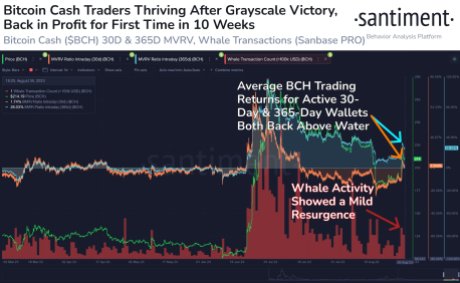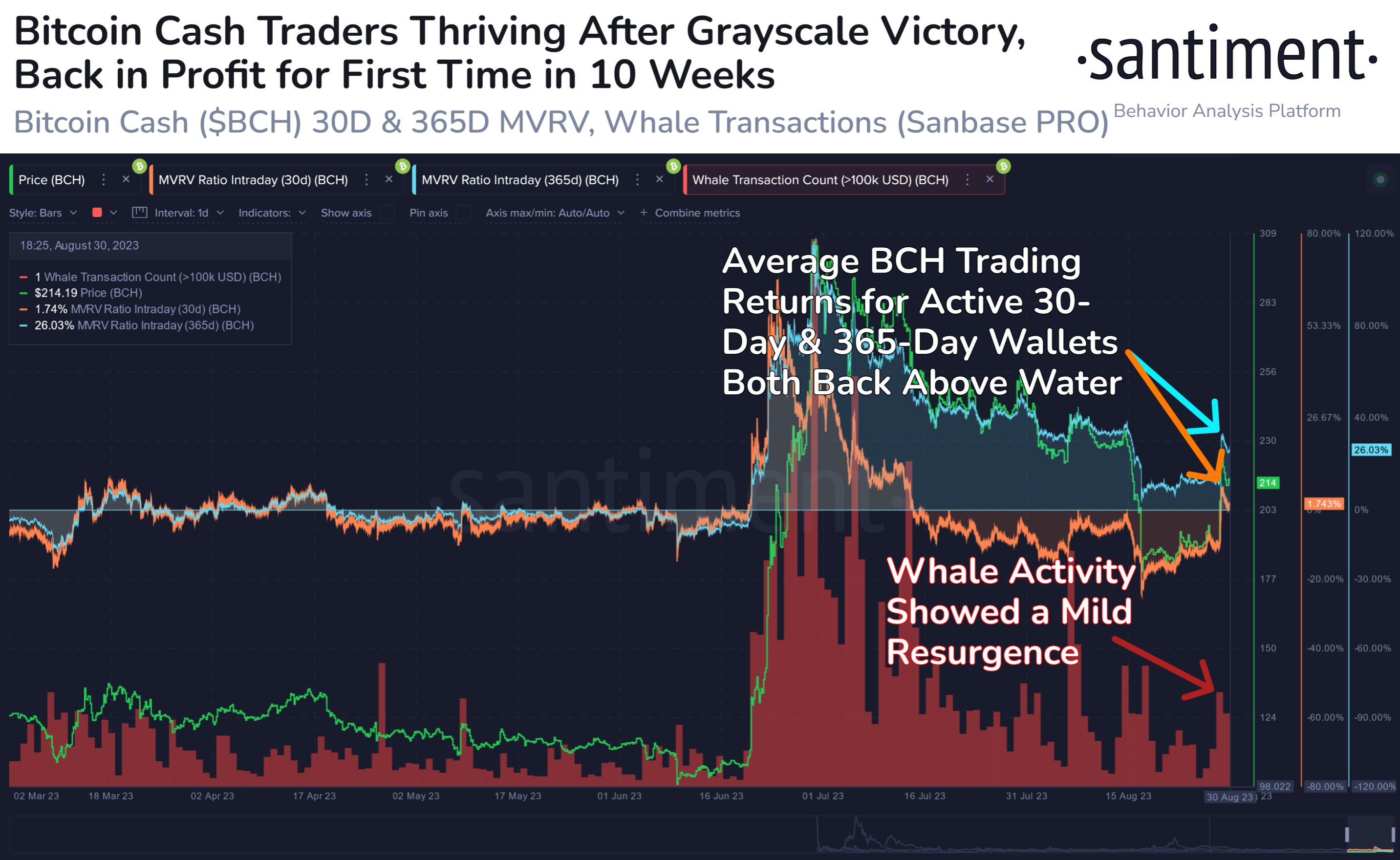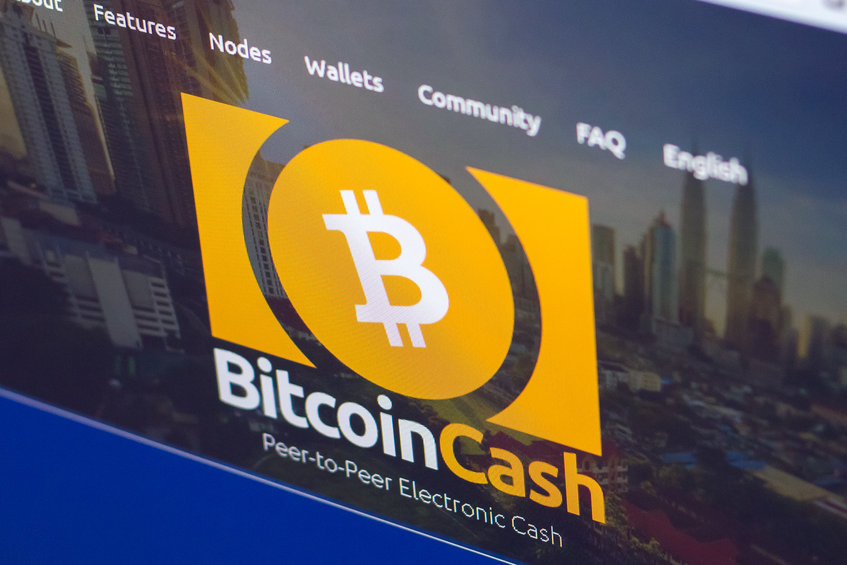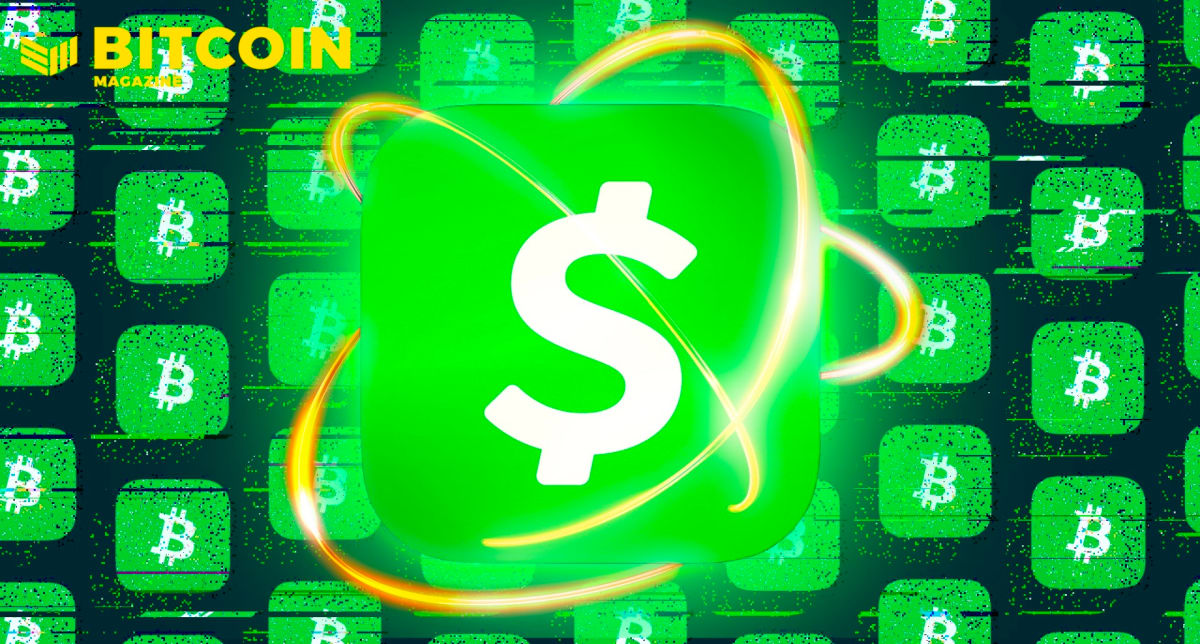2019-5-26 18:30 |
Bitcoin Cash [BCH], the fourth largest cryptocurrency, a fork of Bitcoin, has been hailed as the real Bitcoin by a majority of the Bitcoin Cash community. The main argument supporting their claim was that it is a ‘A peer-to-peer electronic cash system’ as described by Satoshi Nakamoto.
The entire dispute could be attributed to the 1MB blocksize limit set by Satoshi Nakamoto, resulting in a split in the Bitcoin community, with one side wanting to scale Bitcoin by increasing the blocksize limit and other standing against it. This eventually resulted in a chain split, creating what is now recognized as Bitcoin Cash [BCH], which has a higher blocksize limit, thereby enabling more transactions to take place within a short stipulated amount of time.
Last year, the Bitcoin Cash community reaped what it sowed, going through another split in its already split community. During the November 2018 hardfork, the community was yet again in same turmoil, with one side supporting the Bitcoin ABC upgrade and the other side supporting the Bitcoin SV upgrade.
On the day of the hardfork, November 15, the entire crypto-community was eagerly looking at their computer screens, awaiting the results of who won the hash war. Influencers like Roger Ver and Jihan Wu were fighting for the implementation of Bitcoin ABC [adjusted blocksize cap]. While Craig Wright, the self-proclaimed Satoshi Nakamoto, and Calvin Ayre from CoinGeek wanted to “restore the original Satoshi protocol”, thus calling it Bitcoin Satoshi Vision [BSV].
The battle ended with Bitcoin ABC implementation taking the throne; however, it did create two chains, thus splitting the community into two again. Flocks believing that Craig Wright is Satoshi Nakamoto, despite the lack of evidence and knowledge of the technology, went over to the Bitcoin SV camp and the others stayed with Roger Ver’s vision for Bitcoin Cash.
Interestingly, Bitcoin Cash continues to make headlines, because of a bug that was discovered in the Bitcoin ABC node during the May 15th hardfork. Even though the bug was quickly patched, it resulted in a chain split, reported BitMEX Research.
Bitcoin Cash May 2019 hardfork:
According to a Bitcoin Verde developer, a small bug was discovered in the “mempool-acceptance rule for after the HF for reference-client-derived [BitcoinABC] nodes”. This led to the mempool transactions being considered “invalid” by the Bitcoin ABC 0.18.2 node [old node], thereby producing empty blocks. The developer said,
“From what I currently understand, it looks like the operation count was being validated with the old rules, not the new one. They have a patch available and are working on it. To put concerns to rest: the bug, while unfortunate, is not catastrophic. The ramification is that normally valid transactions are being seen as invalid.”
In a different post, another Bitcoin Verde developer explained that the issue was associated with “OP_CheckDataSig”, which was introduced in the November 2018 hardfork. The transactions that were recorded in the mempool did not not have the “flag” that allowed the “procedure to count(ed) the number of sigops” to consider whether the OP_CheckDataSig as a sigop or not, thereby marking these transactions as “having no sigops.”
Source: Zerononcense
BitMEX Research stated,
“An attacker appears to have spotted this bug in Bitcoin Cash ABC and then exploited it, just after the hardfork, perhaps in an attempt to cause chaos and confusion. This attack could have been executed at any time. The attacker merely had to broadcast transactions which met the mempool validity conditions but failed the consensus checks.”
This aside, there was another issue that was pointed out: Segregated Witness coins stolen. Even though SegWit is “not technically enabled”, the transactions can still be sent. These transactions are usually not accepted by miners, however, it could be considered as a valid transaction, stated a report by Zerononcense.
The report further stated,
“[…] there were a number of individuals that had sent the funds to [SegWit] outputs, making them effectively unspendable from that point […] due to the fact that these transactions are seen as ‘anyone-can-spend’ transactions by non-upgraded nodes and miners […] these transactions can technically be considered valid if mined in a block”
After the upgrade, the attacker had access to these SegWit funds, sending them “to either wallet they controlled or to other connected individuals.” Nevertheless, BTC.Top and BTC.com decided to re-org the chain and send those SegWit coins under the attacker’s control to P2PKH addresses “that had the equivalent public keys.” This was eventually carried-out, with the re-org of two blocks 582698 and 582699, resulting in several members in the community calling this a 51 percent attack. Notably, BitMEX Research reported that the two block double spend, with over 25 transactions was estimated to be around 3,300 BCH.
The reason behind this was explained by Zerononcense as,
“Because (compressed) P2PKH keys are necessary preceding forms of P2WPKH (SegWit) addresses. Therefore, the transactions being re-spent by BTC.top to the corresponding P2PKH keys are what allowed the overall funds to be spendable again.”
Bitcoin Cash | Source: Coin Dance
One of the major concerns this event brought up was not only that the re-org was carried out by two mining pools, but also that it was an economical one. When Changpeng Zhao, the co-founder and CEO of Binance, mentioned the idea of a re-org after the exchange witnessed a security breach that resulted in the loss of over 7000 BTC, a vast majority of the community, including well-known influencers, criticized this move, calling this a “bailout” and standing firmly against it.
However, this would roll-back would have not been an economic one, as the miners would have to roll-back days of transactions, which would have eventually cost more than the hack itself. While the Bitcoin Cash re-org was carried out within a few minutes by the two mining pools, BTC.Top and BTC.Com.
The post Bitcoin Cash [BCH]: ‘The real Bitcoin’s’ hardfork spectacle grabs the attention of the entire community again appeared first on AMBCrypto.
origin »Bitcoin price in Telegram @btc_price_every_hour
Bitcoin (BTC) на Currencies.ru
|
|








